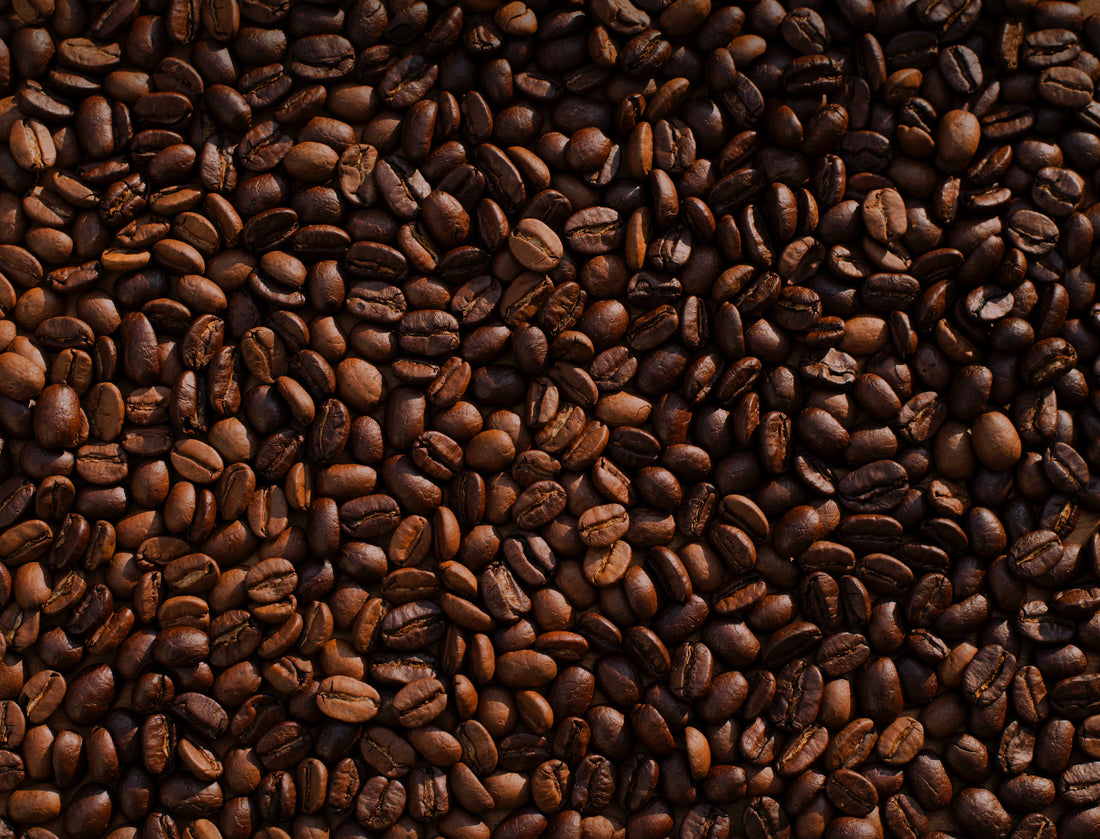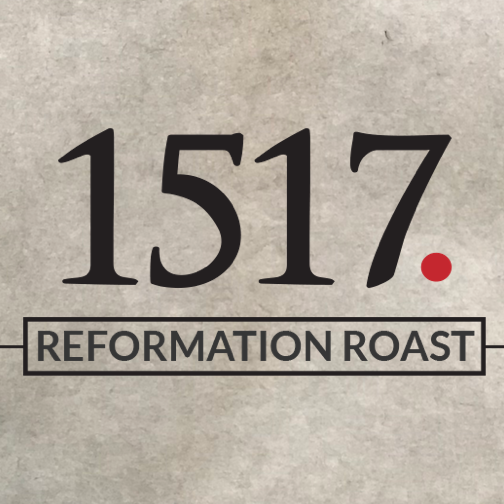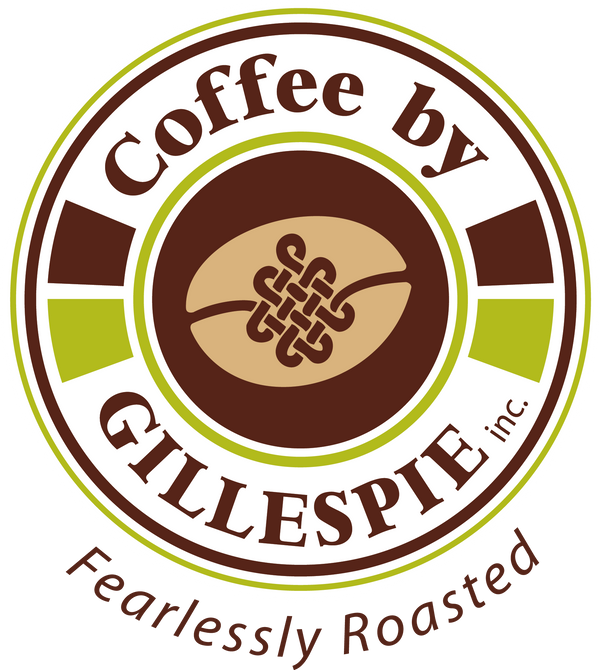
An Introduction to Coffee: What you need to know about Single Origin and Blends
Share
If you’re not a coffee afficianato or a barista you may not be familiar with coffee lingo. And that can make choosing your coffee a bit overwhelming to say the least. Walk into any grocery store and you will likely find an entire aisle devoted to the brew. Coffee consumers today are flooded with choices. Single origin or blend? Fair trade or organic—or both? Fruity and bright, or full bodied. Why are there so many choices? What is the difference?
Single Origin…why does my coffee have such a long name?
If you opt for a single origin bean you may come across names such as; Ethiopia Mormora Guji Highland, Kenya Nyeri Gathaithi AB, and Guatemala Acatenango Finca San Diego Buena Vista.
So, why does single origin coffee have such long names?
Similarly to a persons first and last name, a name such as Ethiopia Mormora Guji Highland communicates something about the family and origin of the coffee.
Single origin coffee comes from a single farm and a single crop. The name indicates the country, region and farm. Because the bean is specific to a particular farm, plant, and region, it carries distinctive notes or flavors.
Because Single Origin beans come from a specific plant, the beans are always changing. Coffee is harvested once a year and, as a result, the coffee available will always be changing. Just as corn and apples are typically harvested in the fall and berries in the summer months, single origin beans also change with the seasons.
Single Origin or Blend?
Blends are simply a blending of single origin beans. Blends are crafted to combine the sensory notes from single origin beans for an enjoyable brew.
One of my favorite blends, the Epiphany Blend, combines beans from Indonesia and Central America. The result is a bright blend with nutty and chocolate aromas.
What about Fairtrade and Organic Coffee?
The labels fairtrade and organic coffee simply have to do with the ethics and/or the way in which the coffee was grown. Fairtrade deals with who grows your bean, while the term organic informs of how the plant was grown.
Fairtrade ensures that the farmers and harvesters are paid a fair wage and have a sustainable methods. Organic ensures that no harmful chemicals or fertilizers were used on the plant or soil.
One of the best ways to learn about different coffees and experience the world through your morning brew is to join a coffee subscription. You can subscribe to a particular blend or take a tour of the world with single origin subscriptions.

